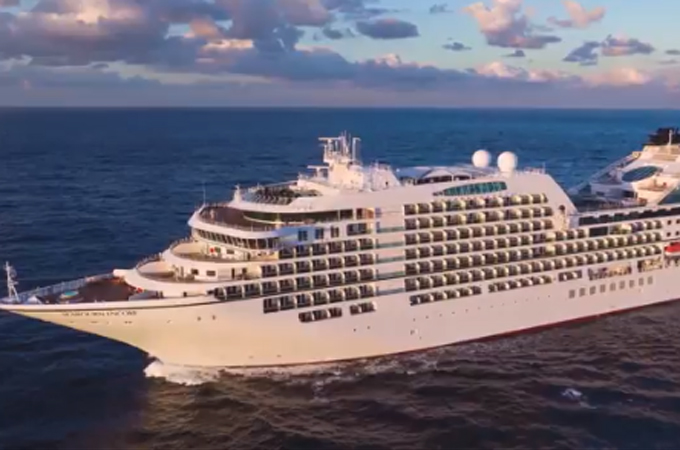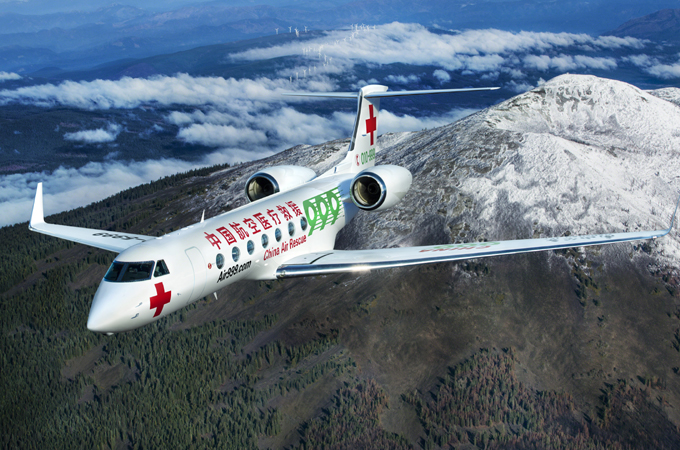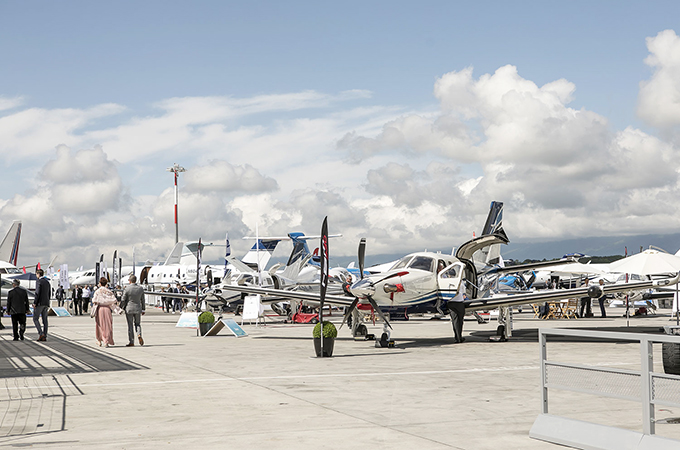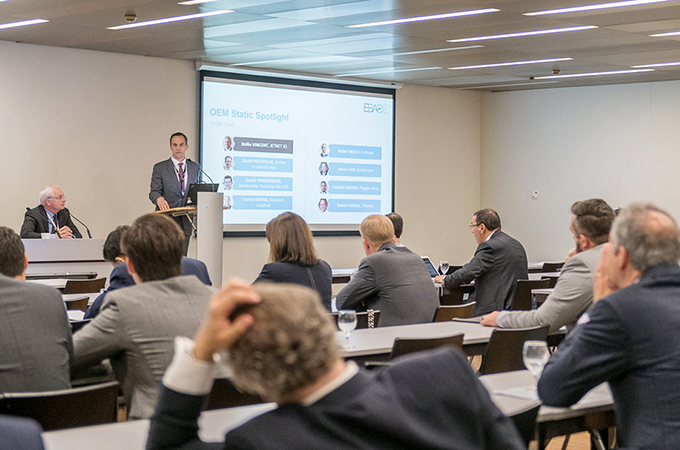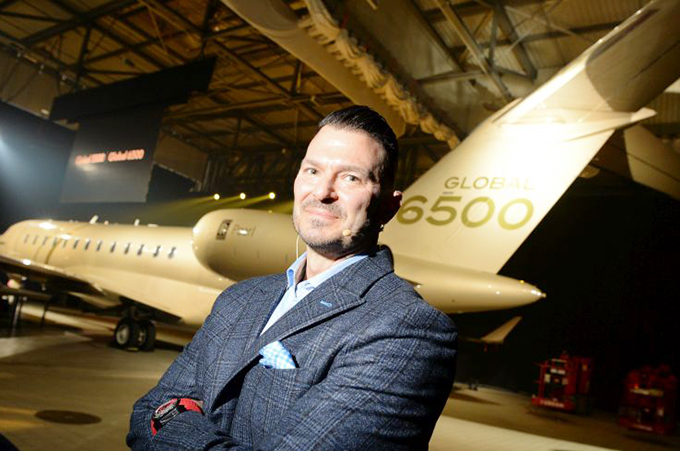Wed, Mar 18, 2015
A major aviation summit concluded yesterday in Dubai, UAE, with experts calling on regional organisations to incorporate a top-down safety culture.
Speaker after speaker at the third World Aviation Safety Summit emphasised the importance of the continuous improvement in aviation safety in ensuring that the Middle East aviation industry continues to grow at an accelerated pace and contribute significantly to the region’s economic prosperity.
Held under the patronage of Sheikh Ahmed bin Saeed Al Maktoum, President of Dubai Civil Aviation Authority (DCAA), Chairman of Dubai Airports, Chairman and Chief Executive Officer of The Emirates Group, the summit was hosted by the DCAA and organised by the Streamline Marketing Group at the Jumeirah Creekside Hotel.
“Aviation safety is not limited to territorial boundaries – it’s a global discussion,” said Mohammed Abdulla Ahli, Director General at DCAA. “By 2030, the industry will transport approximately 6.6 billion passengers. With such expansion, safety remains the top priority for air travel in not just the Middle East but around the world.”
“Over the next 20 years, Middle Eastern airlines will need 29,000 new, more efficient aircraft with a value of up to $640 billion to cater to the fast-paced growth in the regional aviation sector,” declared Jeff Johnson, President of Boeing Middle East.
Aviation specialists also explored the concept of aviation safety culture and the role of organisational leadership to implement such a culture.
“The biggest issue with safety culture today is that it doesn’t exist – there is no such thing,” said Stuart Hayman, Senior Vice President Safety, Dnata. “The danger is in trying to silo the concept of culture. It’s far more effective to look at organisational culture as a whole which determines safety performance and outcomes.”
Experts also emphasised the role of organisational leadership and employee involvement in not just planning but implementing safety behaviour across aviation companies.
“Safety is about engaging with people at the ground level,” Hayman continued. “Senior management must involve front-line staff and lead them down the path of safety improvement by demonstrating what safe behaviour actually looks like.”
Ahsan Farooq, Middle East Area Operations Manager, Chevron Al Khalij, agreed. “We must empower employees with the authority to stop work if they suspect that a particular organisational procedure is not safe. Immediate investigations can prevent organisations from a situation where a major hazard is just a single error away.”
The summit attracted more than 300 regional and international stakeholders from regulatory authorities, airline operators, airport operators, aircraft manufactures, pilot associations, safety organisations and air traffic control service providers to explore a range of aviation safety topics at panel discussions, strategy sessions and group discussions. Experts also shared regional case studies on how the challenges of integrating and implementing new and existing safety procedures can be overcome.





